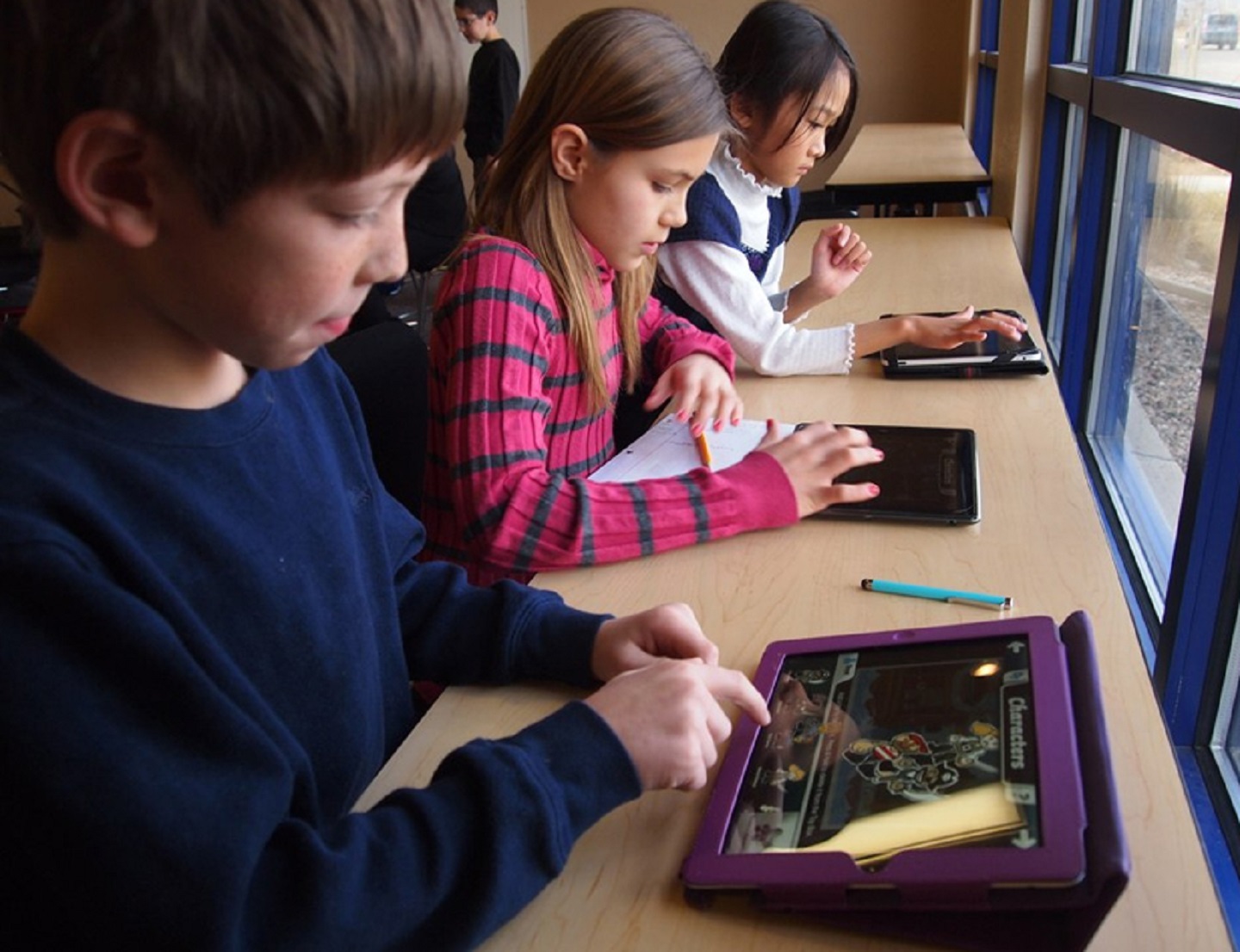
Cloud-based solutions are a boon for e-learning (Photo: MagicBox)
Screens replaced blackboards and whiteboards for students this past year as Covid-19 forced parents to turn dining tables or bedrooms into makeshift classrooms. The transition was rather clumsy, as it caught many unprepared, but students and teachers alike have settled into what could be an ordinary routine, despite the extraordinary times.
Edtech, or edutech, is a portmanteau of education and technology and refers to hardware and software designed to enhance teacher-led learning and improve the learning outcome for students. It refers to a range of tools, from massive open online courses (MOOC) to classroom management software that facilitates virtual classrooms and interactive apps that connect tutors and students. Its scope is limitless, with tools that do everything from pre-structuring student essays (check out EssayJack, which has an office in Malaysia) to teaching coding for robotics, the way Wonder Workshop uses actual robots to engage children.
According to cloud-based mobile-learning publishing solutions company MagicBox, the benefits of edtech include preparing students for a future driven by technology with its secure and structured learning environment, while retaining the collaboration and social learning that are key in holistic development and that make for a more enjoyable learning experience.
forward_school_c.jpg
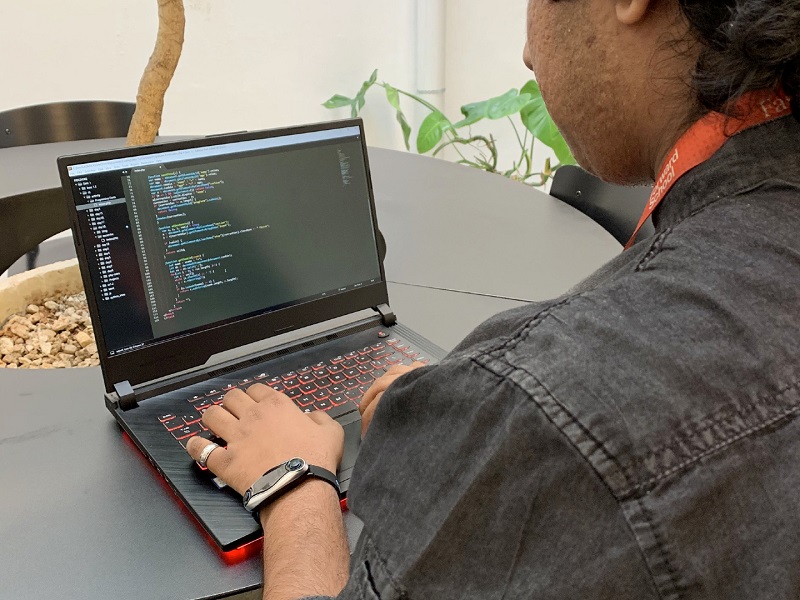
Technology was meant to be the great equaliser that removed the barriers of social characteristics, geographic location and physical or sensory disabilities. However, the pandemic has taught us that not all access is created equal, as our countrymen struggle with inferior or absent infrastructure, equipment or connectivity that hamper their efforts. Clear areas of improvement have been identified in the months since the virus reached our shores and, from all accounts, investments in this area would bring good returns.
As the younger generation enters classrooms, virtual or otherwise, technology is only going to play a bigger role, as these digital natives are inherently comfortable around it and fluent in its ways. Convenience, cost and reach cement edtech as an attractive proposition, in terms of both business and learning. The industry was witnessing steady growth when the pandemic accelerated digitalisation and amplified its prospects. Education intelligence resource HolonIQ estimates that the field will be worth US$404 billion (RM1.6 trillion) by 2025, representing just 5.2% of the anticipated US$7.3 trillion global education market.
In Asia, companies are already addressing demand for edtech that is arising from growing mobile penetration, affordable internet access and emphasis on the value of education in the region. An earlier report in The Edge cited Topica Edtech Group in Vietnam and Globish Academia in Thailand as among the many companies providing English education here.
The adult market has not been ignored, as lifelong learning is increasingly being painted as not only virtuous, but also necessary. While MOOCs run by the likes of Coursera and Khan Academy have been around for some time, new players such as India-based Eruditus, which counts venture capital firm Sequoia among its investors, are introducing an interactive element to the mix. The executive education programme platform, which partners Ivy League schools and high-ranking universities in the US and UK to offer online courses for professionals, virtually recreates the live classroom experience with a group of students and a teacher collaborating on lessons, projects and online discussions.
Malaysia is no slouch in the edtech department. Tech Wire Asia reported last year that analysts expected the local online learning market to exceed US$2 billion by 2023. In June 2020, the Ministry of Education launched a new platform known as DELIMa (Digital Education Learning Initiative Malaysia) to provide a range of e-learning applications and resources, harnessing a multi-technology ecosystem for greater accessibility. DELIMa was soon updated with edtech enhancements, including material from technology titans such as Google Classroom, Microsoft 365 and Apple Teacher Learning Centre, and averages 1.7 million active users monthly, making it among the world’s largest nationwide deployments of an e-learning platform.
forward_school_penang.jpg
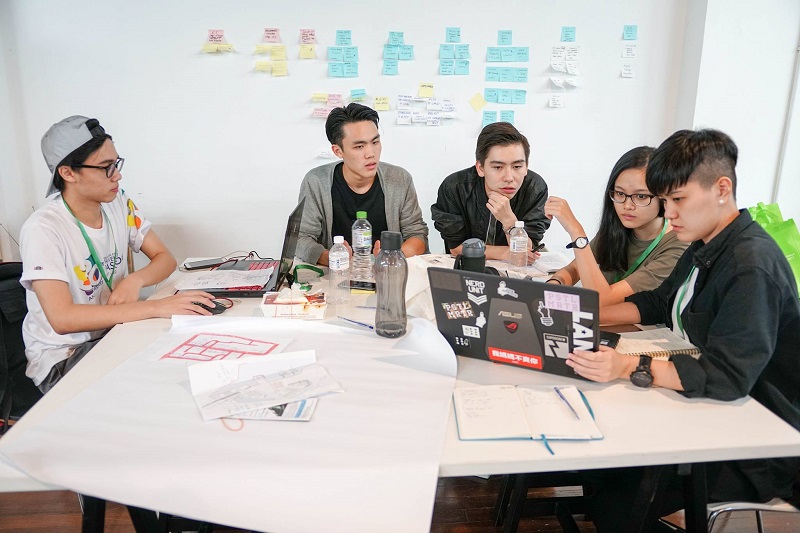
Individual players are making their mark too. Edtech start-up Forward School is one, having secured US$500,000 in pre-seed funding for expansion from angel investors late last year, according to Nikkei Asia. Founder Howie Chang established the Penang-based school to build the next generation of tech talent by equipping them with digital literacy and industry-ready skills. In addition to corporate training programmes that cover disciplines such as artificial intelligence, augmented reality, Internet of Things, big data and web development to prepare the workforce for Industry 4.0, it also offers part-time certificates in digital upskilling, data science and applied deep learning, as well as a full-time applied software engineering programme. While some courses are available online, Forward School has an integrated co-learning and co-living campus to immerse students in a tech-driven community.
With the Fourth Industrial Revolution an inevitability, everyone will have to adopt or adapt to new technologies, which are evolving at faster rates than ever before. Edtech increases the inclusivity of that process with programmes aimed at learners of all ages, experience and capability that can be conducted in the privacy of homes or in the company of virtual classmates. Forget everything you remember about stuffy or crowded classrooms — learning has never been so flexible.
MADE IN MALAYSIA
The local edtech landscape is budding. Market intelligence platform Tracxn, which tracks start-ups and private companies in more than 30 countries, notes that Malaysia had over 100 edtech-related start-ups as at September 2019. Check out some of these local players and their unique propositions.
Abelytics
Founded by teachers for teachers, Abel is a system that aids in the identification of students’ weak spots in any subject, allowing teachers to provide targeted tutoring. Students are invited to take ownership of their learning by inputting their own homework or test data into the system, which then analyses performance across the class to pinpoint collective gaps in comprehension. Schools, teachers or even parents can subscribe to Abel for a data-driven look at subject comprehension.
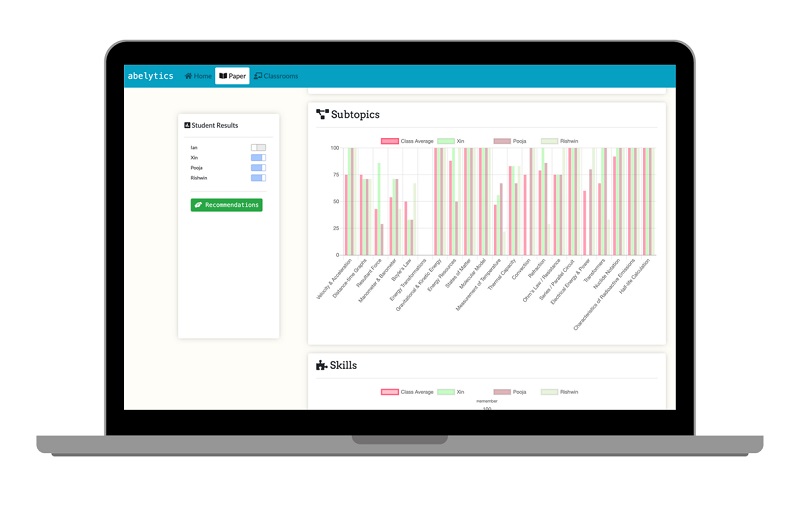
Arteca
Arteca, short for Art, Technology and Mechanical, manufactures educational block-based toys and robotic kits that expose children to STEAM (Science, Technology, Engineering, Arts and Mathematics) while developing their fine motor and spatial skills. Children can use the building blocks the way they would Lego, to make buildings or trucks, or opt for functional designs such as a working phone holder or robot. Parents are likely to be as thrilled as their children, if not more.
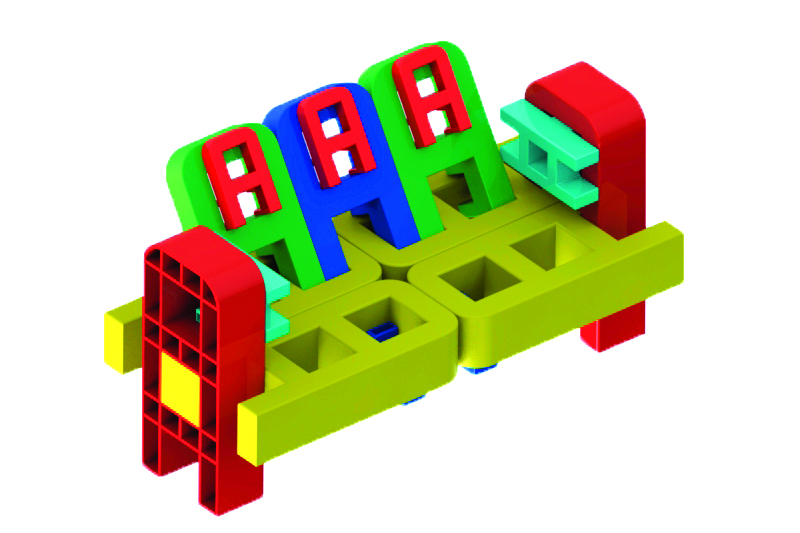
String Soul
This one-on-one piano practice platform customises the learning experience for young students, with tutors overseeing their every move. Particularly relevant in this era of social distancing, the app offers students the freedom to master new techniques in the comfort of their home at any time of the day. Tutors are qualified, certified and trained for efficient remote teaching to make sure every practice counts.
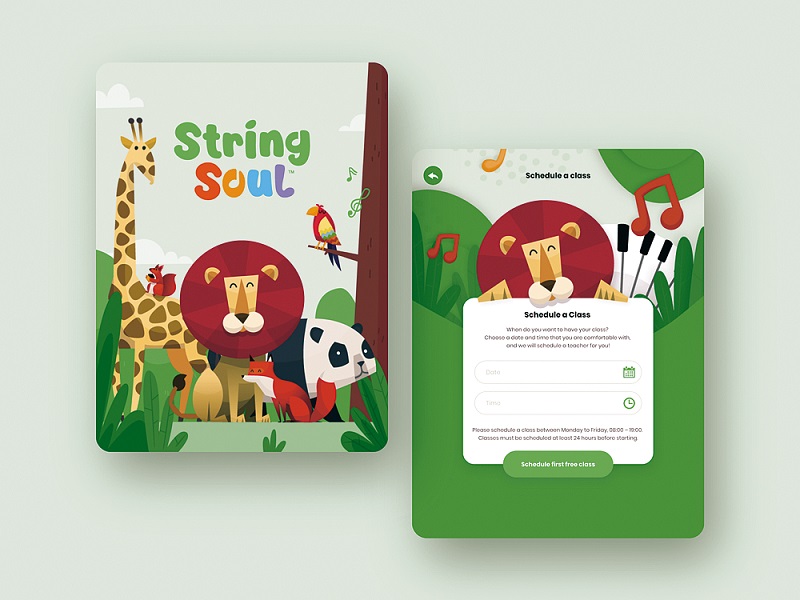
This article first appeared on Jan 18, 2021 in The Edge Malaysia.


